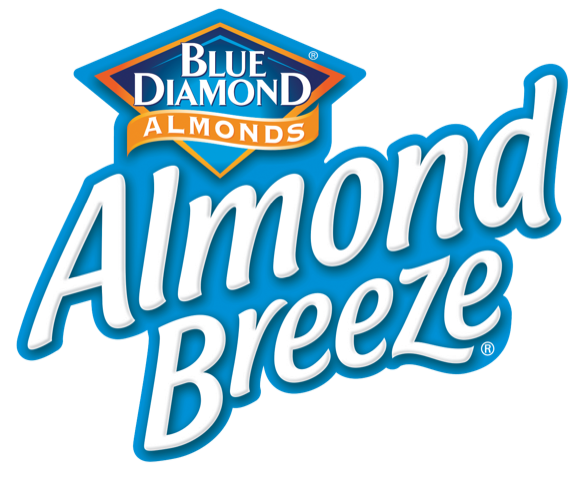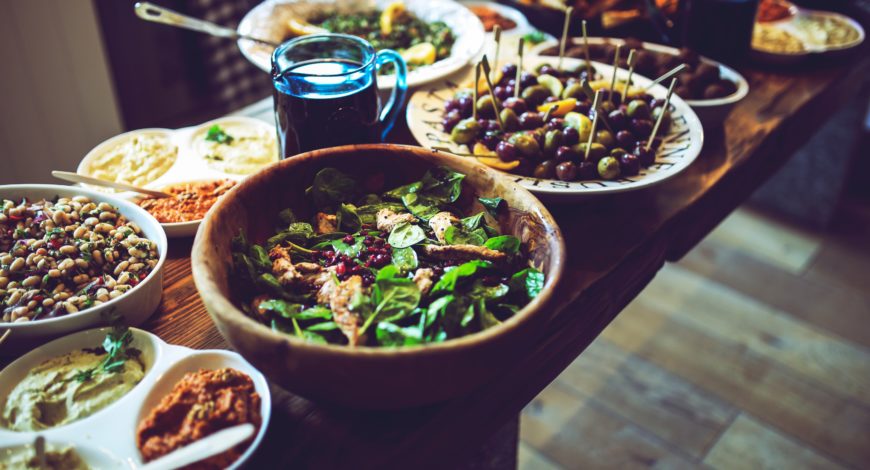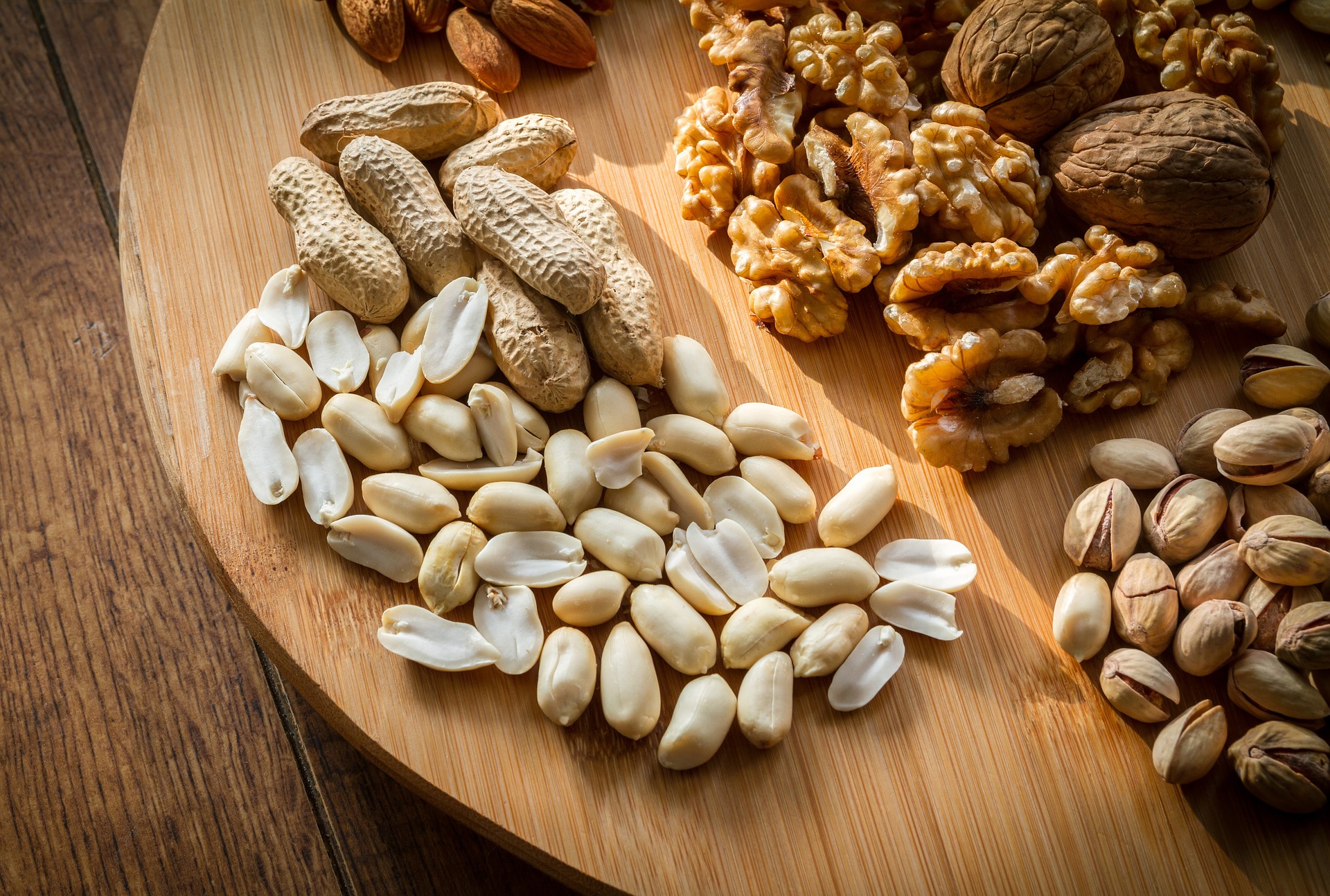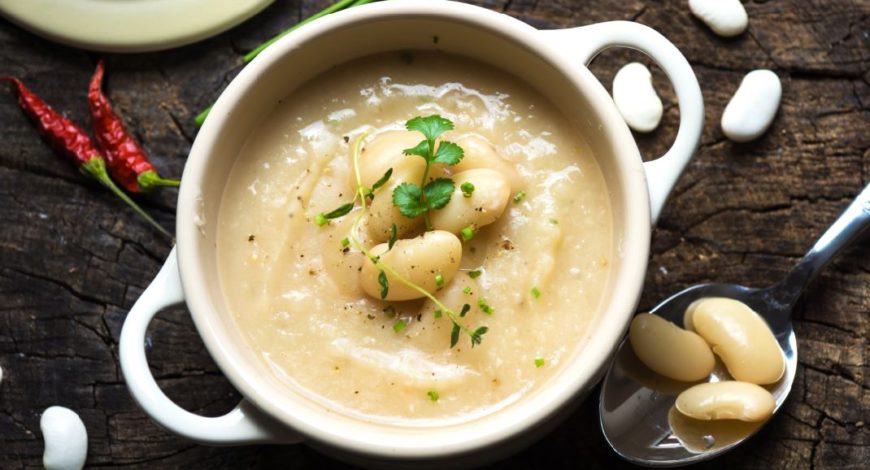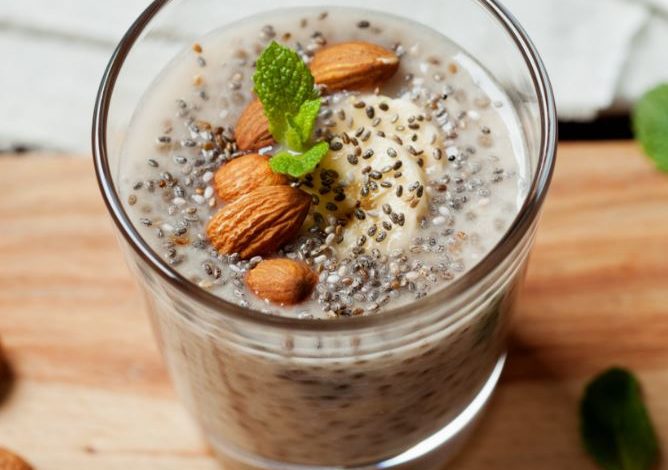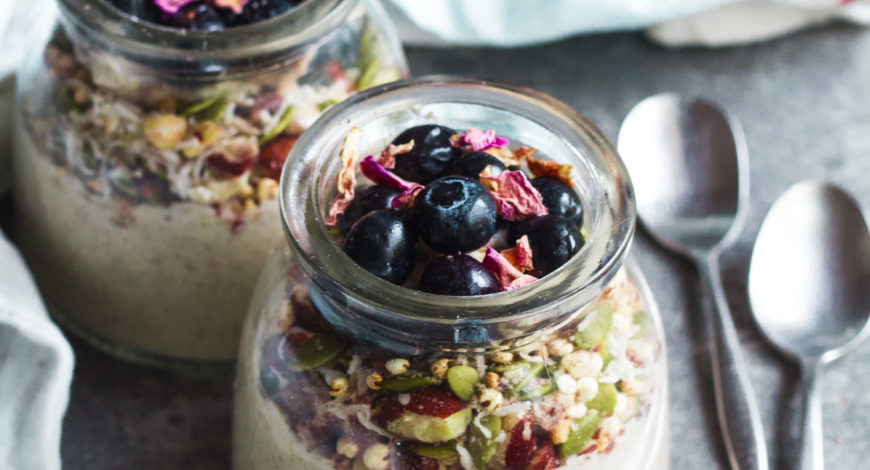With many people opting for #meatlessmonday, choosing to cut back on saturated fats, reducing body acidity, environmental choices, and vegetarian and vegan diets rising in popularity, many of us are eating less animal-based protein sources, so we thought we’d share a bit about protein so you can go forth and eat with confidence.
What is protein?
Protein is part of the macronutrient family of foods – that also include fats and carbohydrates – that give us our calories, a.k.a. energy, and are essential to life and growth. Protein is made up of up to amino acids of which there are 20, nine of which the body cannot create, which are called essential amino acids.
The nine we need are: histidine, isoleucine, leucine, lysine, methionine, phenylalanine, threonine, tryptophan, and valine.
Protein is attributed to growing our muscle mass when it breaks down in the body, and comprises around 15% of our body weight. Research findings suggest that eating protein stops food cravings and contributes to feeling fuller for longer, and improves mood regulation and brain function.
Sounds great to us!
How much protein do you need per day?
1 gram of protein is equivalent to 4 calories, and we need between 10 – 35% of our daily calories to be derived from protein sources. So for women on a normal diet maintaining a healthy body weight, that’s around 1,900 calories per day, so approximately between 46g and 166g of recommend protein intake per day. And for men, who need to eat around 2,400 calories per day, that equates to between 56g and 210g of protein per day, divided across three main meals and healthy snacks.
Alternatively, some dieticians suggest eating a safe level of around 1 gram of protein per kilogram of body weight, per day – ideally 20 – 30g of protein per meal.
First step is to not think you need to eat all your daily protein in one go or from one source. You can mix up your protein sources in an exciting, varied diet every day.
Protein sources outside of the usual suspects
Almost all foods contain some protein, except highly processed foods, alcohol and oils, and we need to eat protein for its essential amino acids. Proteins that contain these essential amino acids are often referred to as ‘complete’ proteins. But don’t get too hung up on every protein source containing every essential amino acid. In a balanced, considered daily diet you’ll get them all throughout the day, and that’s what is most important. In fact, dieticians believe a quality plant-based diet definitely contains all essential amino acids you need.
Here are some proteins worth including in your diet:
Complete proteins:
Quinoa, buckwheat, edamame beans, pumpkin seeds, green peas, chia seeds, tempeh.
Incomplete proteins:
Almonds, pistachios, cashews, kidney beans, chickpeas, oatmeal, sesame seeds, brown rice, barley, lentils, seaweed and spirulina, hemp seeds, flax seeds, whole grains.
Four protein-inspired recipes to enjoy this week!
Spicy Madness Banana Oatmeal Smoothie Bowl
Celeriac and White Bean Soup
Chai Chia Pudding
Buckwheat Parfait
From our love of Almond Breeze almond milk to yours…
P.S….
Keep reading for more tasty, fun Almond Breeze inspo!
